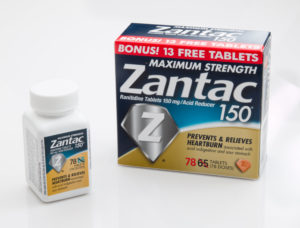7 things your compliance plan must include
As home health and hospice care spending comes under increased scrutiny from the federal government, providers continuously must assess and manage their risk, according to Kathleen Hessler, RN, JD, director of compliance and risk at Simione Healthcare Consultants.
"Even though this is still unfamiliar territory to many post-acute providers, the government has already confirmed many reports of fraud, abuse and waste in home care and hospice practices, resulting in settlements large enough to close many organizations, regardless of size," she says.
Under the Affordable Care Act, all Medicare-certified care providers must establish and implement an ethics and compliance program that contains core elements established by the U.S. Department of Health and Human Services and Centers for Medicare & Medicaid Services (CMS). An effective compliance plan, Hessler says, has seven core elements:
- Written policies and procedures to include high-risk areas of practice, and written company standards/code of conduct.
- Oversight by an organizational compliance officer, governing body and compliance committee.
- Development and implementation of regular, applicable education and training for all employees.
- A reporting system (such as a hotline) to receive complaints and ensure effective communication between the compliance officer and employees (with the option for anonymity).
- Use of audits and other systemic practices to monitor compliance, identify problem areas and implement correct action.
- Established disciplinary measures to enforce standards of conduct, address violations and apply applicable sanctions.
- Policies that ensure prompt investigations, reporting and corrective action for compliance issues,
Organizations should perform an initial systematic review and then an annual review of their compliance practices to help minimize risk, Hessler says. Start by identifying the compliance measures already in place for clinical operations, billing and claims submissions, quality/performance improvement, electronic medical records and human resources, she adds. Next, identify high-risk compliance concerns as detailed in CMS resources, corporate integrity agreements and Office of Inspector General work plans.
"Specifically for hospice, CMS changes in 2013 and 2014 will dramatically change reporting eligibility, documentation and scope of coverage," Hessler says. "Home health and hospice organizations should explore the government online tool kits and develop a check list of key issues."
I Advance Senior Care is the industry-leading source for practical, in-depth, business-building, and resident care information for owners, executives, administrators, and directors of nursing at assisted living communities, skilled nursing facilities, post-acute facilities, and continuing care retirement communities. The I Advance Senior Care editorial team and industry experts provide market analysis, strategic direction, policy commentary, clinical best-practices, business management, and technology breakthroughs.
I Advance Senior Care is part of the Institute for the Advancement of Senior Care and published by Plain-English Health Care.
Related Articles
Topics: Executive Leadership , Medicare/Medicaid , Regulatory Compliance , Risk Management







